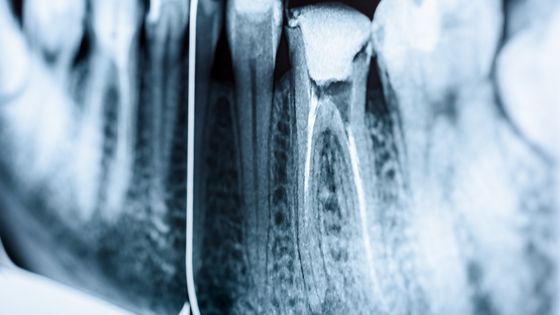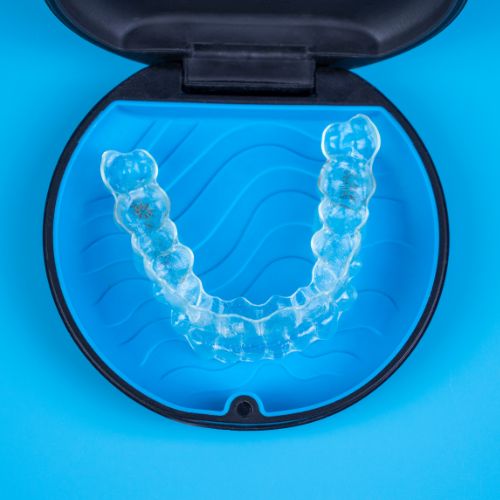Sinus Pressure or Toothache: How To Tell the Difference
Are you experiencing pain around your face or teeth but can’t determine if it’s sinus pressure or a toothache? This confusion is quite common since the symptoms of these two conditions can be quite similar. Sinus pressure and toothaches can both cause discomfort in the face, but they are completely different issues. Getting the right diagnosis is crucial in preventing the issue from worsening. In this blog, we will discuss how to tell the difference between sinus pressure and a toothache.
Location of Pain
The location of the pain is the easiest way to determine whether it is a sinus issue or a toothache. Sinus pressure usually causes pain around the cheeks, upper jaw, and temples, whereas a toothache is focused around the teeth and gums. If you can specifically pinpoint where the pain is coming from, it’s more likely to be a toothache.
Nature of Pain
The nature of the pain is also a significant factor. A toothache is typically sharp and intense, while sinus pressure is dull and achy. Sinus pressure also usually affects both sides of your face, while a toothache will affect only one side.
Time of Day
The time of day that the pain occurs can also play a role in diagnosis. Tooth pain typically occurs more frequently at night when lying down, while sinus pressure tends to be worse in the morning when you first wake up.
Additional Symptoms
Additional symptoms can also help you determine whether your discomfort is due to sinus pressure or a toothache. Sinus pressure often comes with nasal congestion, a runny nose, and facial pressure. A toothache, on the other hand, may also come with fever, sensitivity to hot or cold drinks, and pain when chewing food.
Medical History
Your medical history can also play a role in determining the cause of the pain. If you have recurrent sinus infections, allergies, or frequent headaches, then sinus pressure is more likely to be the cause of your discomfort. However, if you have a history of dental problems such as cavities, gum disease, or have undergone a dental procedure recently, then a toothache is more likely to be the cause.
Sinus pressure and a toothache can cause significant discomfort, and distinguishing between the two can be challenging. However, knowing how to differentiate between these two conditions can help you get the proper treatment and prevent the issue from worsening. It’s essential to pay attention to the symptoms, location, and nature of pain, as well as any additional symptoms you may be experiencing. If you’re still unsure, contact us today at 4th Street Family Dentistry to schedule an appointment. Regular dental check-ups also help in identifying and treating dental problems before they worsen, so it’s essential to visit your dentist regularly. By practicing good oral hygiene and seeking professional help when necessary, you can maintain healthy teeth and gums.










